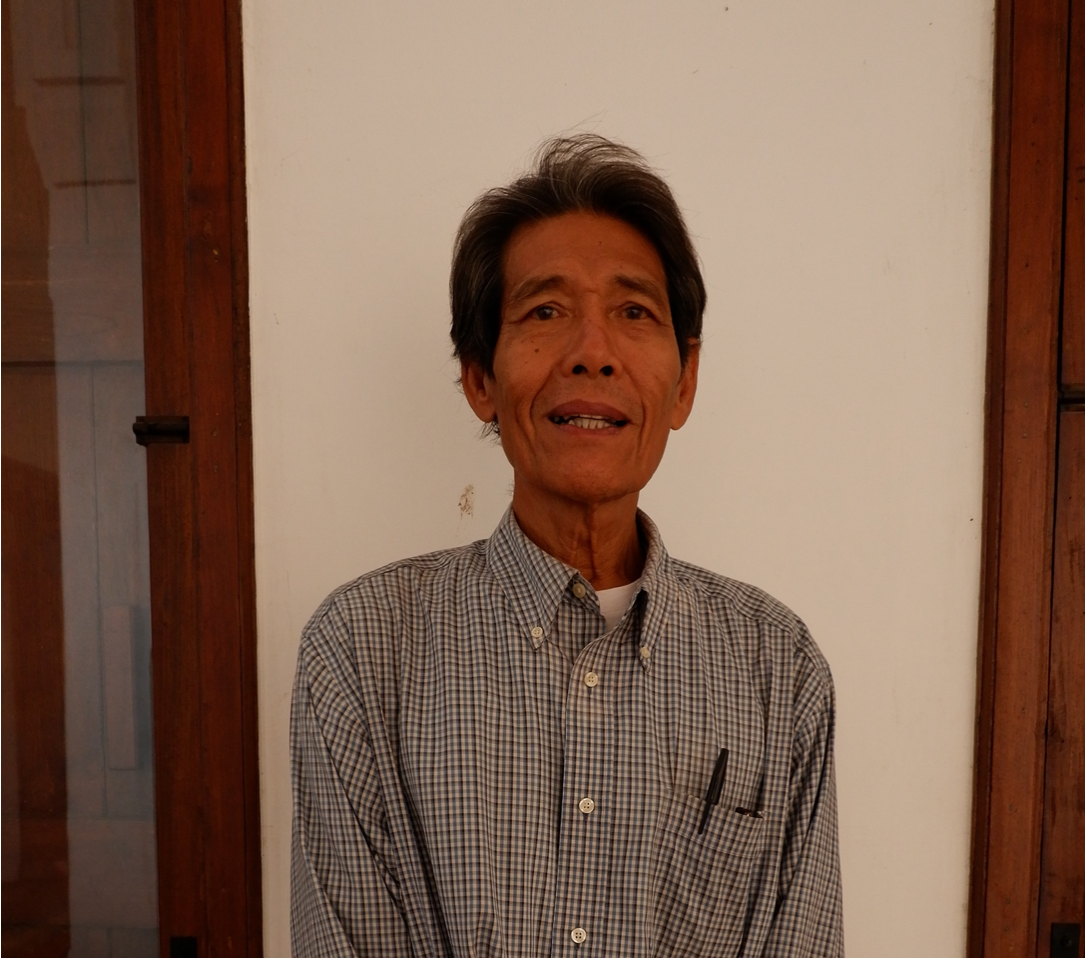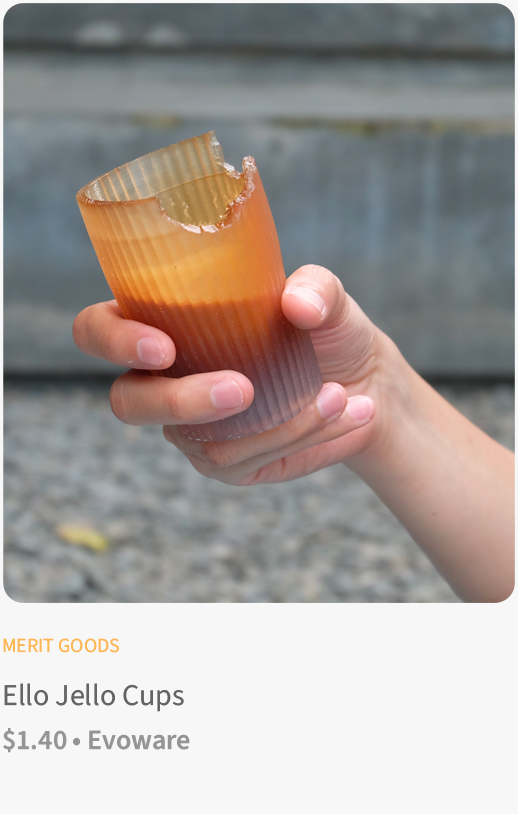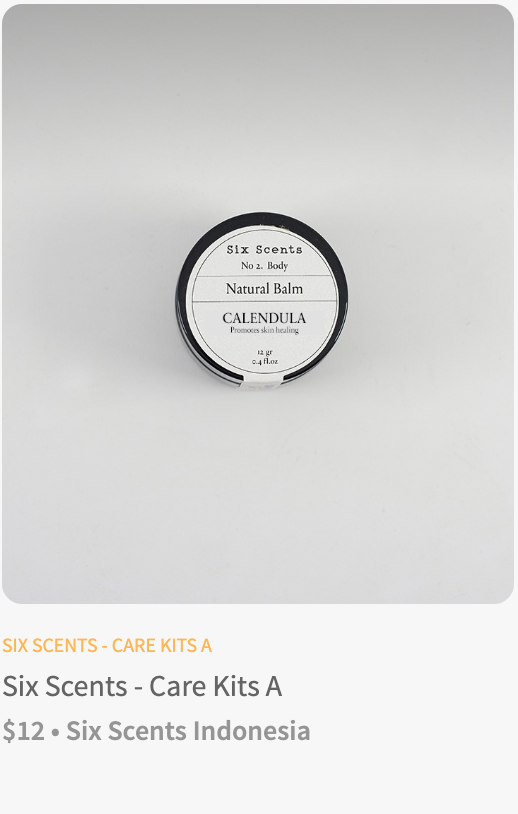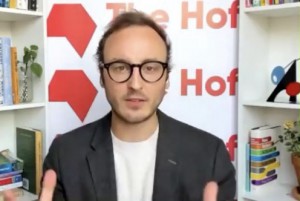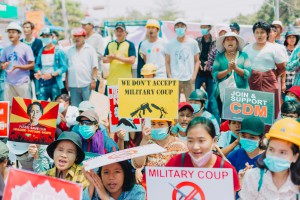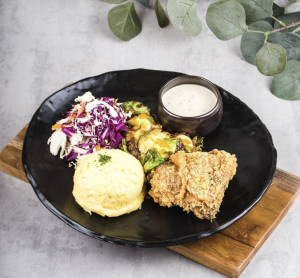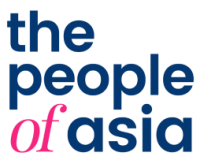In his septuagenarian, writer and retired journalist Martin Aleida has yet to put down his pen. He keeps on writing to turn the tables on the 1965 tragedy in Indonesia, which costed his freedom and took the lives of his loved ones 53 years ago.
The 1965 tragedy revolved around the killing of six Army generals on Sept. 30, 1965, in the country, with the now-defunct Indonesian Communist Party (PKI) that was accused of masterminding the murder. Later known as the September 30 Movement (G30S), this tragedy triggered the military to arrest the members and affiliates of PKI, including Martin, who was an editor of Zaman Baru magazine in 1965.
He knew nothing about the killing, but he was arrested by the military because Zaman Baru was owned by left-leaning artist group Lekra, which had an affiliation with PKI. He was released in less than a year, but many of his friends, who were also innocent, fell victims to the arrest, such as Mula Naibaho, the editor-in-chief of newspaper Harian Rakjat.
Behind the bars, Mula was beaten, flogged, and electrocuted for Harian Rakjat’s editorial on Oct. 2, 1965, which the military deemed supported G30S.
Martin witnessed the torture, and he shared the story about it through his new book, titled Sebuah Memoar Martin Aleida: Romantisme Tahun Kekerasan (A Memoir by Martin Aleida: Romanticism of Violence Year).
Before that, he once spoke up at the International People’s Tribunal on the 1965 Crimes against Humanity in Indonesia (IPT 1965) in the Netherlands in 2015.
In Indonesia, Martin has dedicated his life to writing short stories and books about the 1965 tragedy, which claimed the lives of more than 500,000 people affiliated with PKI. In 2017, his work titled Tanah Air (Homeland) was named the best short story by Kompas newspaper.
Through his works, he wants the nation to know about the atrocity that took place 53 years ago after the G30S tragedy because it has suffered millions of people who happened to be the offspring of tortured communists and suspected communists to date.
“In the book, I mentioned that it was the army [who arrested me in 1966]. I wrote it because that was the fact. Since this is my memoir [Romantisme Tahun Kekerasan], I have to tell who arrested me and where I was arrested,” said the 76-year-old.
In his another book, Tanah Air Yang Hilang (Missing Homeland) released in 2017, he shared the stories about the diaspora of Indonesians who lost their Indonesian citizenship because the authoritarian New Order labeled them communists after the 1965 tragedy. Their passports were revoked by the regime so that they could not return home.
To write the book, Martin traveled to France, Bulgaria, Germany, the Czech Republic, and the Netherlands, to meet and interview those exiles.
For Martin, journalism is not just a profession, but “a home”. After he was released from prison, he decided to become a reporter again in some companies, such as Ekspres and Tempo magazines.
His works drew the attention of many, including Australian scholar Harry Aveling who featured his story, Malam Kelabu (Grizzle Night), in an anthology, “Indonesian Short Stories and The Abortive Coup of the Thirtieth September Movement”. Malam Kelabu tells about the killing of alleged communists committed in Central Java, East Java, and Bali.
“Literature always sides with victims. A literary work will not be great or be remembered by many people if it does not support victims. A great work of literature is read by many people because they want to know political conditions when the author is still alive,” Martin said.
He said that he just wanted to tell the truth through his books, expecting Indonesia to one day have a president who has the courage to apologize to the suspected communists and their family members for the arrest.
“You cannot be a better person if you don’t know your mistakes. If you become a president, it does not mean that you are a president for the upcoming five years only, but you are a president for a country aged over 70 years. That’s why mistakes committed by the country [in the past] must be solved by you,” he said.


